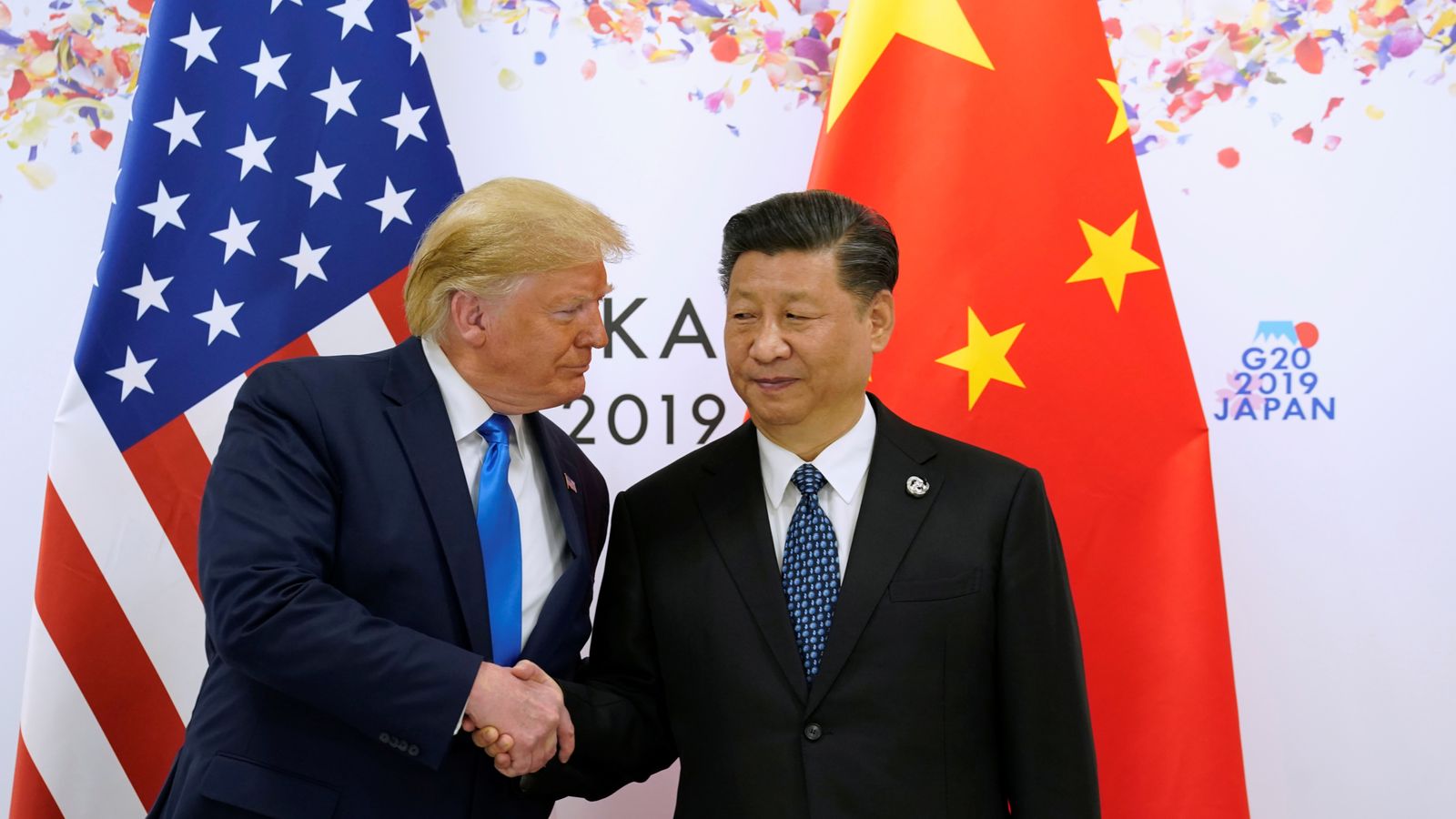President Donald Trump announced on Wednesday that the United States and China have struck a deal to reopen channels for rare earth mineral exports after months of friction over trade. The agreement would permit China to resume shipments of critical rare earth elements and magnets to American manufacturers in exchange for allowing more Chinese students into U.S. universities. At the same time, the Trump administration is strengthening ties with African nations that hold significant mineral reserves and is weighing emergency powers to boost domestic production.
The framework emerged from talks in London last week that aimed to build on the tentative truce reached in Geneva in May. Under the proposed terms, the United States would impose a total tariff of fifty‑five percent on Chinese rare earth imports, while China would ease restrictions on academic exchanges by granting visas to a larger cohort of graduate and doctoral students. Both President Trump and President Xi Jinping must sign off on the agreement before it becomes binding, and officials in Washington and Beijing stress that the details are still being finalized.
Meanwhile, U.S. diplomats have focused on Africa’s rich deposits as a backup plan for securing minerals that are vital to high‑tech manufacturing and national defense. American envoys recently persuaded the governments of the Democratic Republic of Congo and Rwanda to endorse a peace framework that grants U.S. firms priority access to rare earth mining projects. That region alone holds nearly thirty percent of the world’s known deposits, and U.S. officials argue that African partnerships can reduce long‑term dependence on China’s refining capacity.
Administration sources confirm that meetings with African leaders have continued even as Washington cut development aid and imposed stricter travel rules. Senator Marco Rubio, a senior member of the Foreign Relations Committee, praised the shift as a strategic realignment. He said that strengthening direct investment ties will help secure supplies and foster stability in resource‑rich countries. Critics, however, warn that U.S. leverage may be limited unless the administration restores full diplomatic support and addresses governance concerns in the mining sectors.
On another front, the Department of Defense is examining whether to invoke the Defense Production Act, the Cold War‑era statute that grants the president authority to direct private industry toward projects deemed essential for national security. Deputy Defense Secretary Steve Feinberg is leading efforts to secure funding and accelerate permitting for domestic rare earth initiatives, including a major expansion at MP Materials Corp., the only operating U.S. rare earth refinery. Feinberg told lawmakers this week that the company offers a clear path to rebuild America’s processing capacity and that federal backing could close critical gaps in the supply chain.
Defense Secretary Pete Hegseth testified before Congress that the March executive order already in place has sped up approvals for mining operations and unlocked federal loans. He argued that U.S. producers need predictable rules and financial incentives if they are to compete with Chinese refiners that control ninety percent of global processing capacity. Hegseth added that a diverse supply network will protect weapons programs that rely on elements such as samarium and neodymium for missile guidance and advanced electronics.
China’s dominance in the rare earth market has long alarmed U.S. officials, who view it as a strategic vulnerability. Last year, Beijing temporarily halted exports during a broader trade dispute, triggering production delays at American automakers and raising concerns among defense contractors. In response, Congress has considered bipartisan legislation to support research into alternative sourcing and recycling technologies, though experts caution that new projects will take years to reach full output.
Analysts say the newly announced deal with China, combined with African partnerships and domestic mobilization, represents a multi‑pronged approach to securing critical minerals. They note, however, that challenges remain in scaling up U.S. refining capacity and in ensuring that African projects meet environmental and labor standards. As both capitals prepare to ratify the framework, industry leaders and policymakers will watch closely to see if the agreement can deliver stable supplies and reduce the risk of future disruptions.

